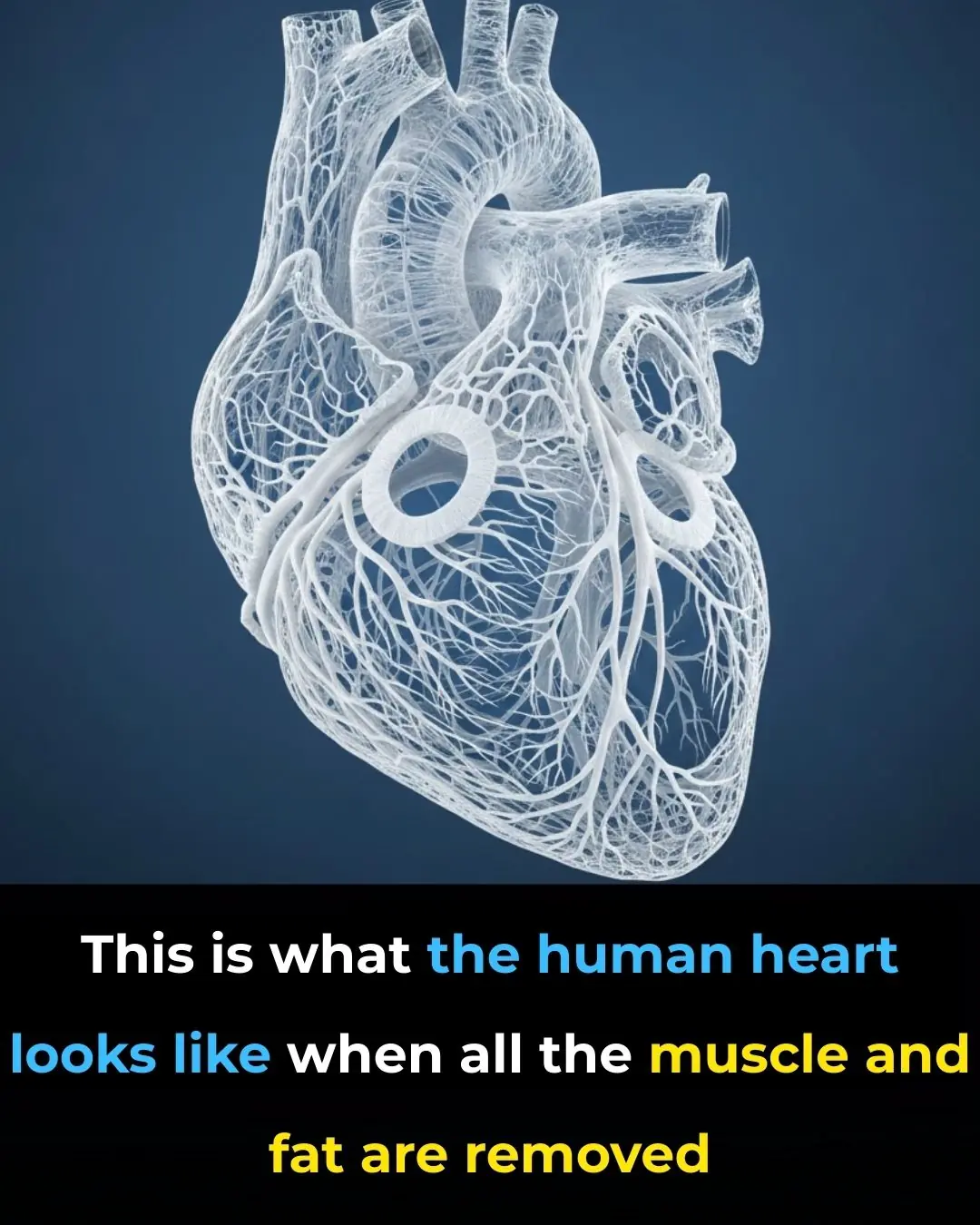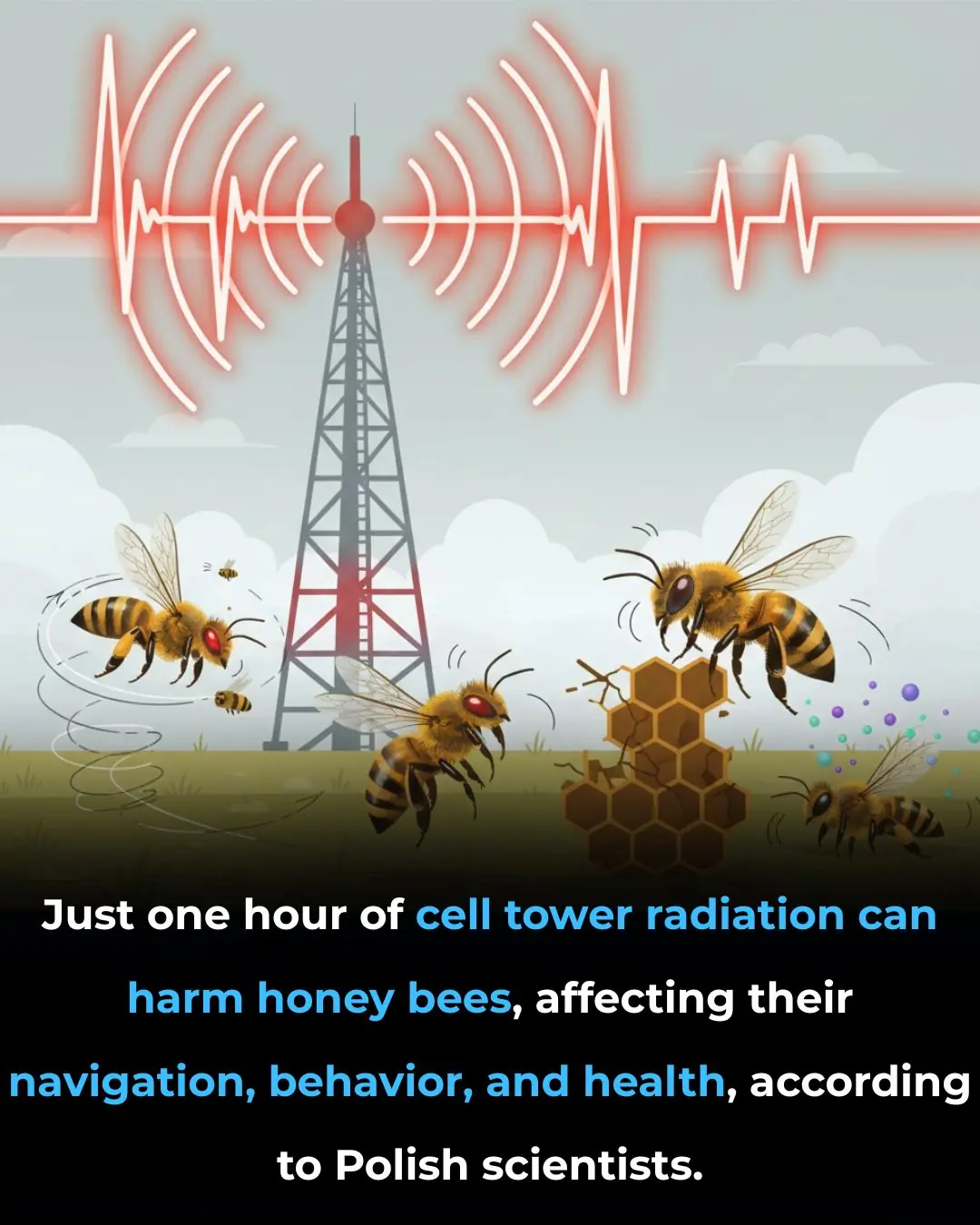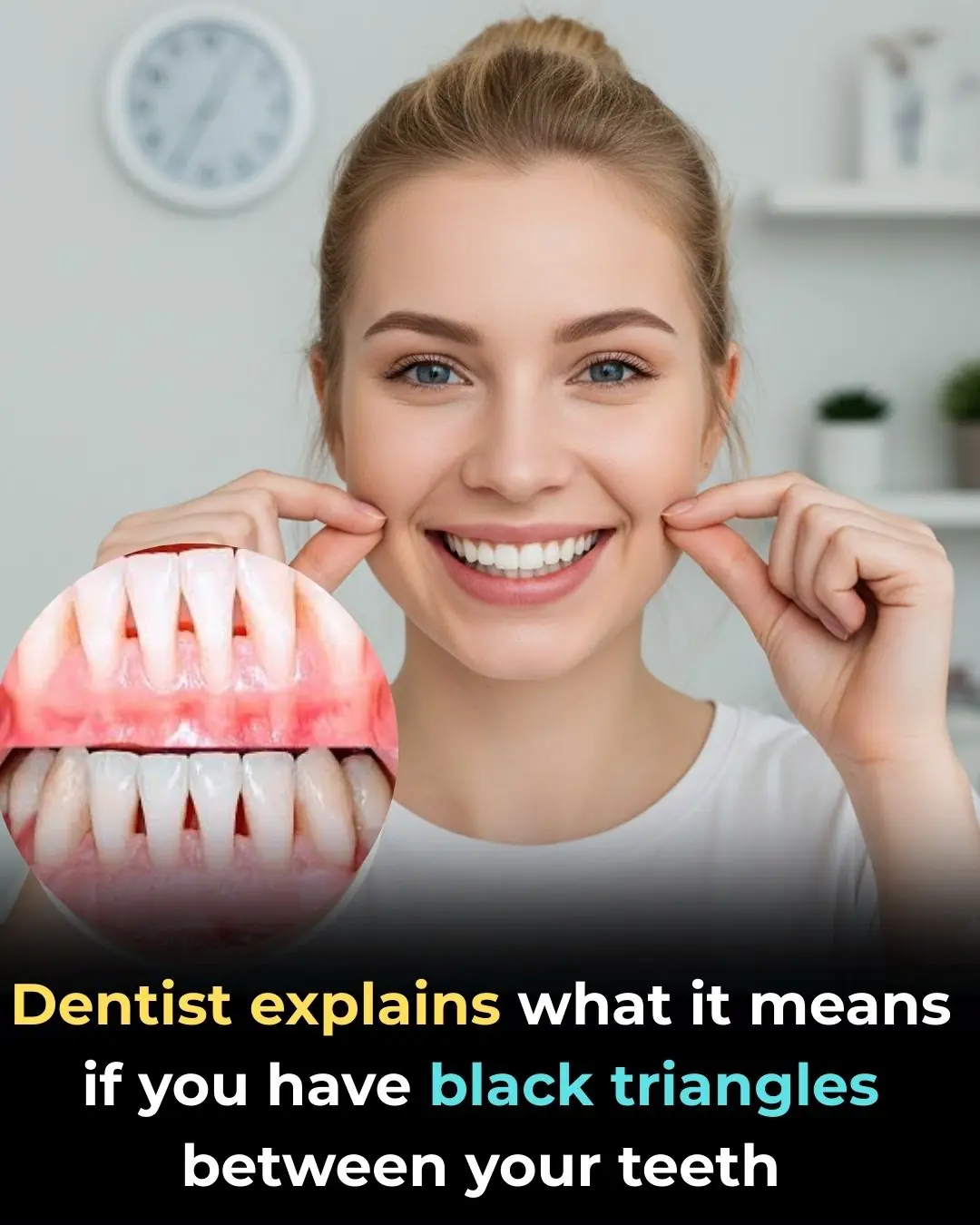
Why Even Small Amounts of Light at Night Can Harm Your Sleep and Mental Health
Scientists have emphasized that even a very small amount of light in your bedroom can interfere with the deepest stages of sleep—stages that the brain relies on to recover and function properly. Exposure to light from sources such as a phone screen, a glowing alarm clock, a streetlamp filtering through the window, or a television left on reduces the body’s production of melatonin. Melatonin is a critical hormone that signals the brain to rest, regulate its internal clock, and reset important cognitive processes. When its production is disrupted, the brain struggles to transition into the restorative phases of sleep that support mental and physical health.
A growing body of research supports this concern. Studies from institutions such as the National Institutes of Health (NIH) and Harvard Medical School have found that nighttime light exposure keeps the brain partially alert, preventing it from reaching the complete darkness needed for full repair. According to a 2022 study published in Proceedings of the National Academy of Sciences, even moderate light during sleep increases nighttime heart rate and decreases insulin sensitivity, showing that the body stays physiologically activated rather than fully resting. Similar findings from the American Academy of Sleep Medicine indicate that people who sleep in illuminated rooms are more likely to experience heightened anxiety, reduced emotional stability, and lower mood levels over time. Because the brain cannot fully disengage, individuals often wake up feeling mentally foggy, more easily stressed, and physically tired.
Daytime consequences can be equally significant. Persistent exposure to light at night has been linked to difficulty concentrating, memory lapses, and general fatigue throughout the day. This happens because the brain’s natural sleep–wake cycle, or circadian rhythm, becomes disrupted, leading to an ongoing imbalance between wakefulness and rest. Over weeks and months, this imbalance can accumulate, making cognitive performance and emotional resilience noticeably weaker.
Fortunately, the most effective solution is both simple and practical: eliminate or reduce all unnecessary light sources during sleep. Experts recommend closing curtains or using blackout shades to block outside light, turning off or covering electronic screens, and removing glowing indicators from devices whenever possible. Creating a dark, calm sleeping environment helps restore natural melatonin production and allows the brain to enter the deep, healing sleep cycles that maintain mental clarity, mood stability, and long-term health.
News in the same category


Revealing the Human Heart: A Stunning Look at Its Circulatory System Without Muscle or Fat

Why the Brain Remembers Negative Experiences More Than Positive Ones: Implications for Mental Health and Well-Being

Having the letter M on the Palm of your hand means that

5 Unique Things You Only Experience When Loving an Older Woman

Doggy School on Wheels: How Canada Reinvented Pet Daycare

The Giant Golden-Crowned Flying Fox: A Viral Encounter With a Critically Endangered Giant

Dolphins and Pufferfish: The Stunning Discovery Behind Their Trance-Like Behaviour

Revolutionary MRI Technology Offers Non-Invasive Tumour Treatment in Sydney

Recreating a Legacy: Ruben Flowers Joins His Father as Co-Pilot on Captain Flowers’ Final Southwest Airlines Flight

Wood vs. Diamonds: The Cosmic Rarity of Life's Fingerprint

🌌 An Accidental Revolution: How the Search for Black Holes Led to the Invention of Wi-Fi

📈 The $5 Trillion Threshold: NVIDIA Becomes the World’s Most Valuable Company, Reshaping Global Economic Influence

🐝 The Silent Threat: Research Links Cell Tower Radiation to Harmful Effects on Honey Bee Health

Why Some Eggs Are Speckled

What Are the “Black Triangles” Between Your Teeth

Inserting a toothpick into this exact spot on the electric kettle has an amazing effect — a useful trick everyone should know

Crocodile Tears Explained: From Natural Reflex to Cultural Legend

Millions Travel Nationwide for a Nostalgic and Festive Thanksgiving Weekend
News Post

Apple Extract: A Natural Alternative to Chemotherapy for Treating Colon Cancer

Revealing the Human Heart: A Stunning Look at Its Circulatory System Without Muscle or Fat

Why the Brain Remembers Negative Experiences More Than Positive Ones: Implications for Mental Health and Well-Being

You're doing it all wrong. Here’s the right way to clean humidifiers

Nurse Promises Not to Laugh at This Man’s Problem

What Your “Odd Animal Out” Choice Says About You

As he nears 100, Dick Van Dyke, 99, makes a touching confession about his life

Two Golden Elixirs for Energy, Glow & Balance

The Power of Hawthorn (Genus Crataegus): A Natural Ally for Heart and Cholesterol Health

The Real Benefits of Mixing Lemon with Activated Charcoal

The Surprising Healing Power of Onion Milk

Increase Breast Size Naturally

Beetroot: 3 Simple Recipes + 10 Powerful Health Benefits

A Small Refrigerator Button Can Save You Hundreds on Your Electric Bill: Most People Don’t Know

AVOID Ginger If You Have THESE Health Problems

Magic Eraser can be used for almost anything, but here's what you didn't know

Why You Shouldn’t Keep Doors Fully Closed When Using Air Conditioning

12 medications you should never mix with coffee
